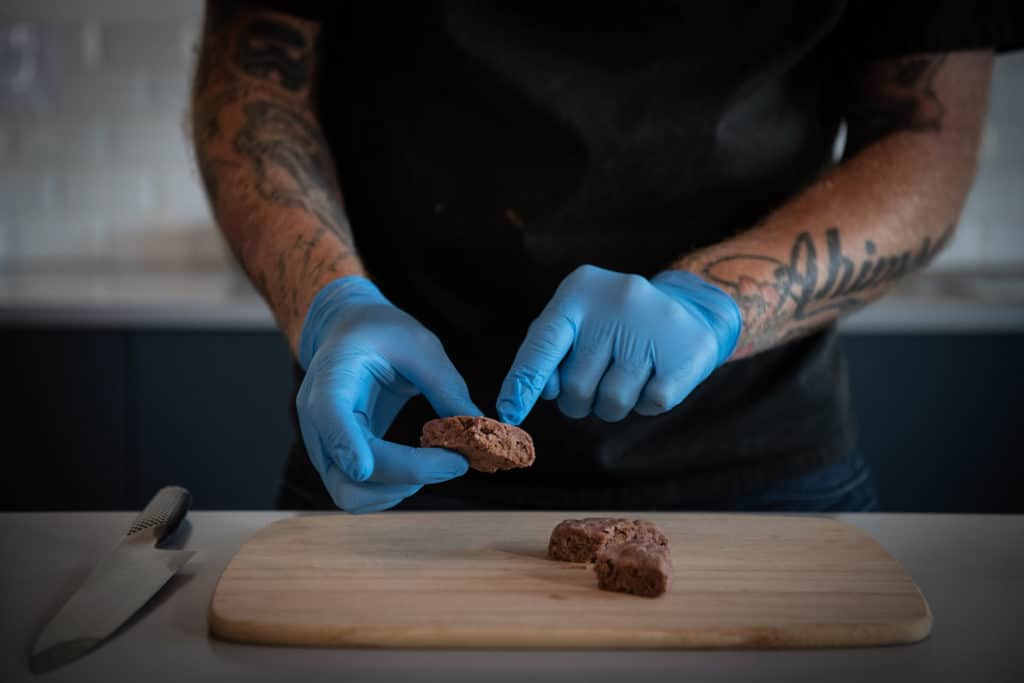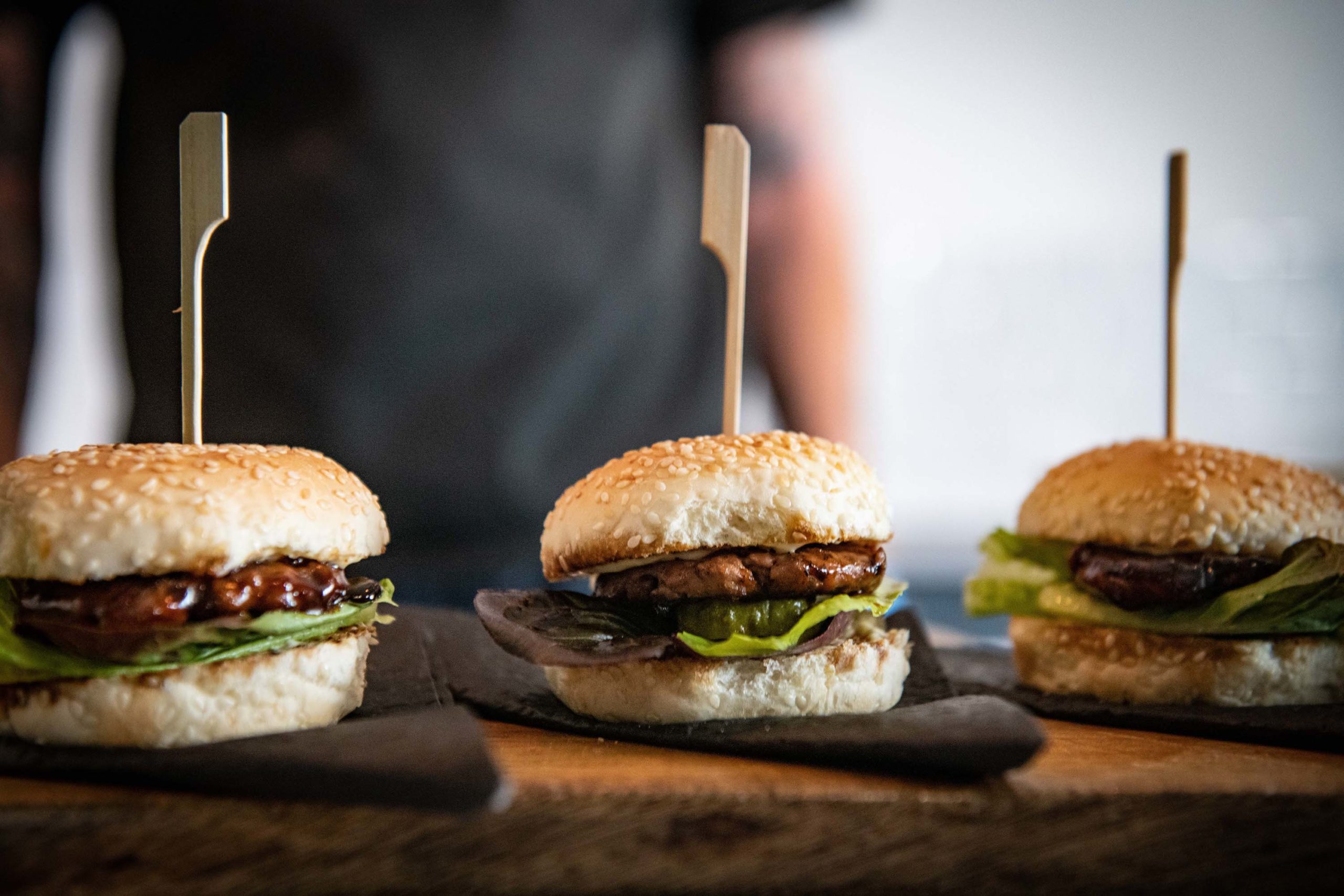South African cultivated meat startup Mzansi Meat has recently become a pioneer with an edible, lab-grown beef burger, showcased at a proof-of-concept tasting last week.
Just a few decades ago, it would have likely have been unthinkable to be eating a beef burger that
didn’t cost the life of an animal. Just last week in Cape Town, South Africa, that concept was brought
to life in the form of a juicy cultivated beef patty, reportedly a first for the African continent by
startup Mzansi Meat Co.
“It’s kind of an odd combination of trying to do something that’s so revolutionary, but it’s also at least
10,000 years old,” says co-founder Brett Thompson to FORBES AFRICA. “We are trying to take a cell
that was nothing to a place that somebody can go out and eat it.”
At the intersection of food security, climate change and animal rights is where the cultivated meat
industry – still in its infancy – has seen its origin. Having captured the imagination of ethicists,
scientists and technologists over the last century, it was Dutch Professor Mark Post who first
pioneered a proof of concept for cultured meat in 2013.
Since then, notable companies such as Mosa Meat, Future Fields and many others have made notable
entries into the market of cultivated meats. American, European and Israeli companies feature
prominently in the field – and now South Africa has placed its first offering on the table.
“People are starting to see that biotechnology, food technology… can put South Africa on the map…
There’s this perception that this is only happening overseas,” says Thompson. “No. We’ve done it.”
The production of the proof-of-concept beef burger, consumed at an unveiling dinner by
restaurateurs, meat industry and agricultural supply chain representatives, has caused ripples
throughout the industry and put Africa as a player on the global map of the cultivated meat market
industry, forecast to be able to reach a global size of $25 billion by 2030 (McKinsey, 2021).
With the African continent’s population likely to double by 2050 (The Economist, 2020), some
additional one billion people on the continent alone will be in need of food supply. Mzansi Meat Co.
aims to be a pioneer in a field focused on meeting this consumptive demand, and crucially – in an
ethical, sustainable manner.

The proof-of-concept beef burger was not only a milestone for the continent’s technological
innovation, but a personal one for Thompson, a 15-year vegetarian, who has tasted some of the
cultivated meat prototypes, but was still moved by the moment.
“To really go out and just bite a burger, that just reminded me of when I used to stand at the braai
(barbeque)… I’m trying to capture what that might feel like for a lot of people, who worry that if they
stop eating conventional meats they might miss out.”
And indeed this is one major advantage that cultivated meat has over other alternative meat products
such as soy or plant-based types; it is meat.
“The feedback we got was that was that people were blown away by what they were eating,” says
Thompson. “It tastes just like [conventional] meat. At the end of the day, that’s all we were trying to
do.”
It’s an advantage that the industry will need to leverage to its maximum potential to take market
share from the conventional meat market, which is one of the reasons companies such as Mzansi Meat
Co. are looking to leverage and partner with existing companies and supply chains to transform the
face of how we consume meat.
“We’re working on plans to scale up and move into a pilot production facility as well as a rollout plan
with retailers and restaurant partners,” adds co-founder Tasneem Karodia, with the company
acknowledging that the only way to achieve market accessibility is for existing infrastructure to be on
board. “If the incumbent industry doesn’t get behind it, it’s not going to achieve the economies of
scale,” says Thompson.
Still, the future looks fertile for the startup, with seed investment now being sought for the next steps
in achieving the resources, both feed and financial, to achieve active production and regulatory
approvals.
